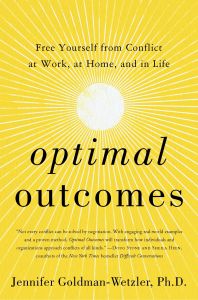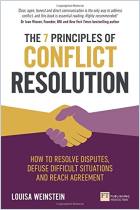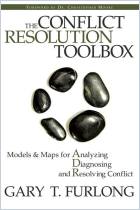Melden Sie sich bei getAbstract an, um die Zusammenfassung zu erhalten.

Melden Sie sich bei getAbstract an, um die Zusammenfassung zu erhalten.
Jennifer Goldman-Wetzler PhD
Optimal Outcomes
Free Yourself from Conflict at Work, at Home, and in Life
HarperBusiness, 2020
Was ist drin?
Learn to free yourself from repeated conflict.
Recommendation
Conflicts exist in all people’s lives. But don’t despair. You can learn how to change your behavior to free yourself from challenging situations with friends, family and colleagues. In this helpful book, organizational psychologist Jennifer Goldman-Wetzler dives into the emotions behind conflict. Her “Optimal Outcomes Method” helps you identify behavior patterns, values and goals by encouraging you to imagine an ideal outcome, and compare it to what might occur if you walk away or take no action. Reality-testing her options will lead you to your best possible outcome, freeing you from unnecessary conflict.
Summary
About the Author
Organizational psychologist Jennifer Goldman-Wetzler founded and leads Alignment Strategies Group, a consulting firm that helps executives improve organizational health and growth.




















Comment on this summary